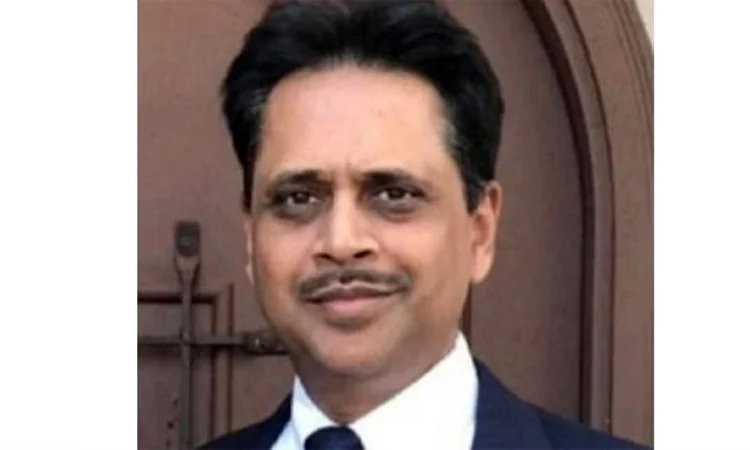News Flash
News Flash

DHAKA, Oct 11, 2025 (BSS) - Sheik Moinuddin, Special Assistant to the Chief Adviser, said that the government is focusing intensively on cost management and ensuring that any future foreign loans for development projects meet strict sustainability and flexibility criteria.
“The government is working to secure loans with low interest rates and flexible terms. We insist that any new foreign financing must allow for an open tender process,” he said.
In an interview with BSS, he noted that conditions imposed by lending countries or agencies have systematically limited competition, often resulting in the procurement process being monopolised by firms from the fund-providing country, despite the government’s standard practice of following the Open Tender Method (OTM) to ensure fair and competitive procurement.
The government is now planning to seek loans for projects that are entirely without such restrictive conditions, he added.
Addressing the nation's infrastructure strategy, the Special Assistant confirmed the government's desire to advance new metro rail projects.
The Asian Development Bank (ADB) has expressed interest in providing loans for these projects, which would facilitate open tenders, he revealed.
To manage expenditures of metro rail projects, he mentioned, “The government is prioritizing cost reduction. One strategy being considered is launching all contract packages for a single project simultaneously rather than sequentially. This is intended to increase competition among bidders and prevent the government from becoming dependent on existing contractors.”
Despite the drive for new infrastructures, he explained that the government is proceeding cautiously, particularly regarding the launch of large new projects, in an effort to avoid creating undue financial burden on the next government.
Moinuddin highlighted that several ongoing development projects have stalled due to issues such as contractors becoming insolvent or lacking funds or delays in completing land acquisition and shifting utility lines.
He stressed that the most significant systemic challenge facing the transport sector today is a profound lack of coordination.
To mitigate this issue, Moinuddin asserted that all transport-related departments, including the Inland Waterways, Roads and Highways, Bangladesh Bridge Authority (BBA), and Aviation, should operate under a single, unified umbrella.
In a recent interview, Managing Director of the Dhaka Mass Transit Company Limited Faruque Ahmed said that the government is working to ensure competitive environment in the procurement process, which drives cost savings, encourages innovation, fosters fairness, and promotes responsible sourcing of goods and services.
“A well-managed competitive tender process encourages suppliers to offer their best prices and quality, while allowing governments to achieve sustainability and social responsibility goals through their purchasing power,” he added.
Explaining about the conditions of lending agencies and countries, he mentioned that bidders of some packages under metro rail construction projects bided above the estimated costs due to limited competition.
Former Lead Economist at the World Bank's Dhaka office Dr Zahid Hussain urged the government to negotiate more with donor agencies or lending countries to reduce conditions for ensuring competitiveness in tender process.
He also laid emphasis on selecting the best option of funding for any projects side by side calculate the expenditure and return properly for any project.
“A large part of Bangladesh's infrastructure development projects are foreign-financed. There is a debate about how much of the purpose of these loans is to support the economic development of the recipient country and how much is to expand the business and increase exports of the lending country,” he added.
In the case of loans from multilateral international organizations such as the World Bank and the ADB, he said, there have no purpose of expanding the business of various multinational corporations.
However, in the case of bilateral loans, he mentioned that there have purposes to expand business through various conditions in the procurement, appointment of consultants and contractors.
In general, there should be no problem in borrowing the capital required for a country's development project from another country, but it should be profitable for both, he added.
But in some cases, he said, it is also seen that the organization of the country that is providing the loan is planning the project, conducting feasibility studies, working as a consultant, and also implementing the project as a contractor.
“Most of the purchases for the project are also being made by the lending country. As a result, not only the profit and loss assessment of the project is done impartially, but the cost of the project also increases,” he added.